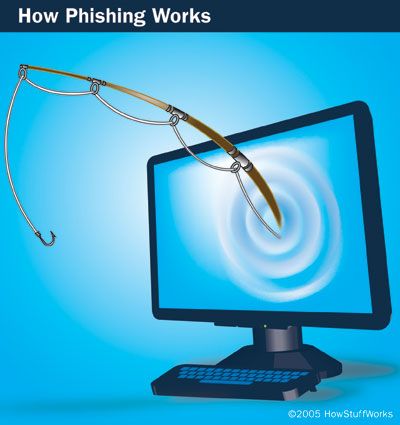"Hey buddy, come over here. Listen, keep this quiet. I've got a friend overseas who's trying to come here. He's filthy rich but he has to go through a lot of red tape on his side and ours. I was hoping you could help me out by spotting me a few thousand dollars so that we could grease the wheels a little. Don't worry -- once he's over here he'll repay your investment 100 times over. What do you say?"
If a random stranger approached you on the street and said something like that, you'd probably ignore him and keep walking. You might even report him to the local police. Who would trust someone they had never met with that much money? But an online scam very similar to the scenario above has fooled thousands of people into giving away millions of dollars to the scam artists. It seems that people who might be able to smell a rat in a real life encounter become more gullible while online.
Advertisement
That particular scam goes by names like the Nigerian scam or the 419 scam. There are hundreds of variations on the scam but they all have the goal of fooling you into giving away as much money as possible -- up to and including your bank account information. And there are thousands of other scams online. Some share similarities to the Nigerian scam and others are completely different. A few will even install harmful software called malware onto your computer and become a persistent problem.
The best way to deal with online scams is to avoid them entirely. After all, you don't want to have to repair damage later. We're going to give you some tips on how to recognize a scam so that you won't be a victim. The first thing you need to remember is that old saying, "if it sounds too good to be true, it probably is."
Advertisement


